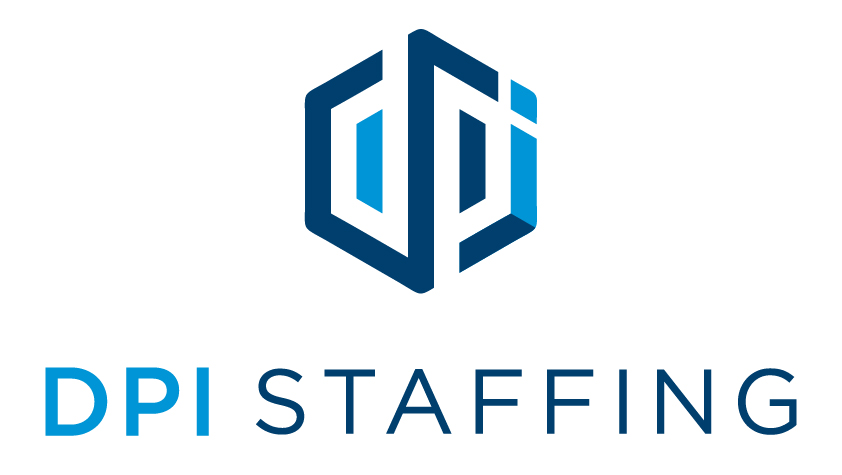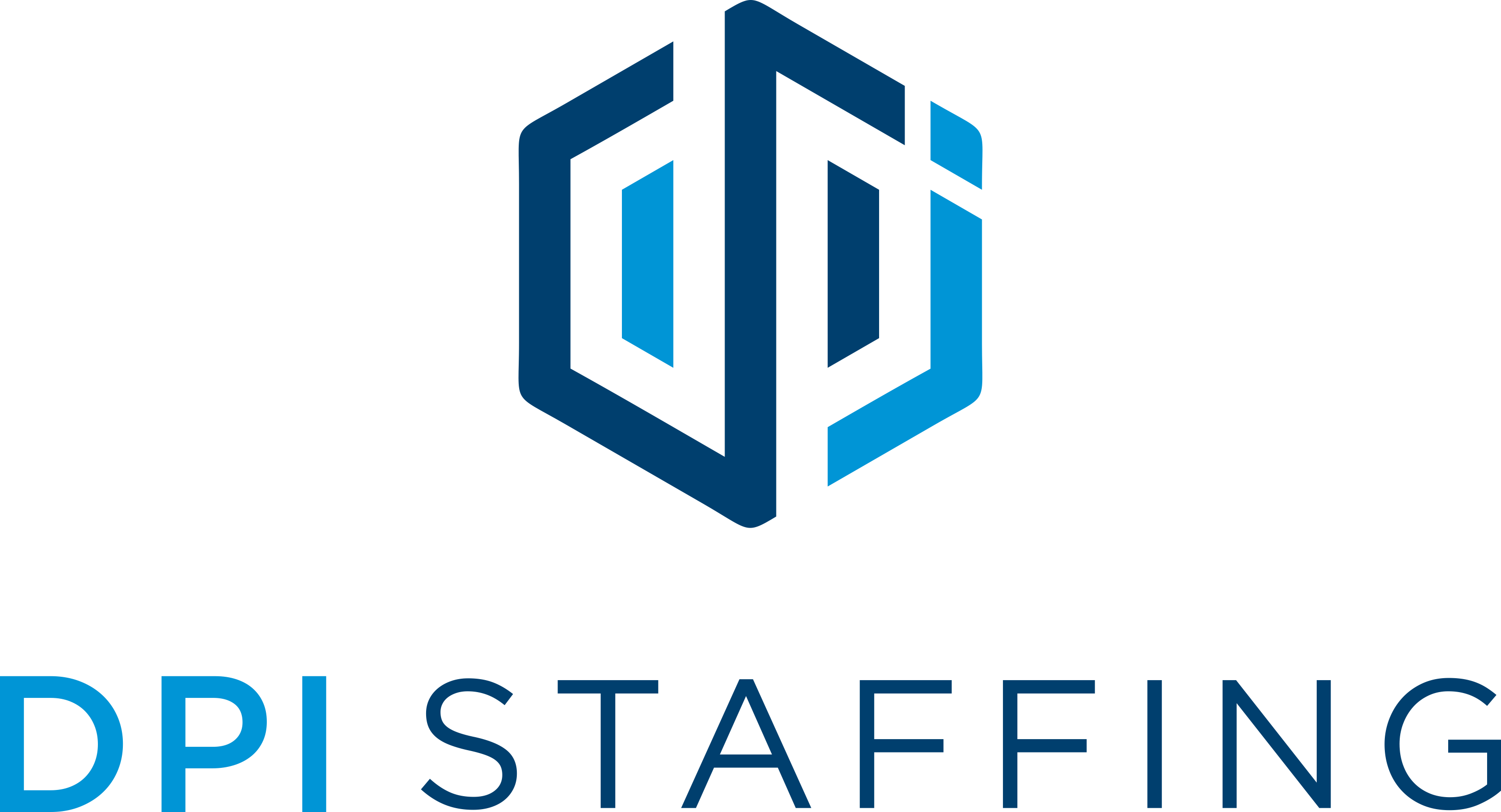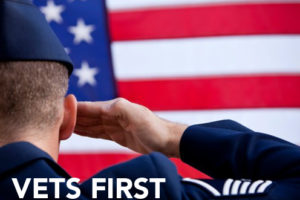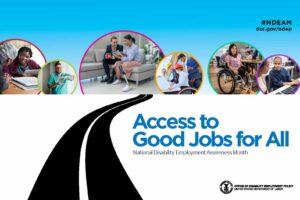This post is written by Kylie Foster, Public Relations Support Specialist at Portland Habilitation Center (PHC) NW. PHC Northwest has provided nearly 60 years of broad-based educational, training and job opportunities for thousands of people with developmental, physical and mental disabilities.
 After a decade as a recruiter for a variety of organizations, Janis Williams, PHC Northwest’s Recruitment and Placement Specialist, has more than a few stories to tell. “I’ve seen great interviews, and I’ve seen interviews where the hiring manager didn’t even have a copy of the candidate’s resume,” she recalled as we sat in her office discussing what wisdom we can impart to today’s job seekers.
After a decade as a recruiter for a variety of organizations, Janis Williams, PHC Northwest’s Recruitment and Placement Specialist, has more than a few stories to tell. “I’ve seen great interviews, and I’ve seen interviews where the hiring manager didn’t even have a copy of the candidate’s resume,” she recalled as we sat in her office discussing what wisdom we can impart to today’s job seekers.
As we talked, it became clear that simply focusing on how to boost your resume or interview conversation tips wasn’t taking a ten thousand foot view of what a successful job candidate will need. Our conversation turned to a different idea: telling a story. Thanks to our partners at DePaul Industries, we have the opportunity to help you rethink the way you’re telling your own tale to the employers you meet with.
1. Decide on the important details.
As Janis says, “Your best friend on a job hunt is the job description.” The advertisement an employer supplies will help you decide the best way to tell them your story, as it provides the important details they will be trying to pick out during your interview. As you read about what the successful candidate will have, think about the ways in which you have done these things before. Maybe you had a job that required you to interact with different kinds of people, showing off your great customer service skills. Rather than try to cram your entire life into a few minutes, decide on a few of these important details that show you can do the job well. (The Employer Assistance and Resource Network has a great article on their PAR method, too). That way, you can use all your time showing the employer how your skills meet their needs.
2. Addressing the past.
It may be that you have been let go from a position, or perhaps you experienced illness that caused a gap in your employment history. First and foremost, be honest about these occurrences. Rather than speak harshly about the new manager that let you go, keep it short and simple with an explanation like, “A new supervisor didn’t feel my work performance was up to par. I had an impeccable record before that, so it was very surprising to me.” In the case of illness, simply stating that you were ill and are now recovered is a good answer focusing on the important details. (If this sounds like you, check out this article on resume tips for people with disabilities as well). Again, remember to always tell the truth and keep your answers positive. Employers will remember this.
3. Rehearse your interview.
Practice really does make perfect. If you can sit down with a family member, friend, or job coach before your interview, you will have the opportunity to get their feedback on how you’re telling your story. They may be able to help you think about the ways in which you match the job description perfectly, helping you focus in on those important details that will give employers a clearer picture of your skills. Preparing some great answers before the interview may mean the difference between a resume in the trash and staying in the running for the job. Some questions you should always be prepared to answer:
– Why are you interested in this job?
Employers want to hear how you can add value to their company. What skills do you possess that will help you be successful in the position? Make sure you’re ready to share them.
– Why should I hire you?
“This is not the time to be shy. Advocate for yourself,” says Janis. “Sometimes it is hard to tell people how good you are. Use your practice interviewing to make this seem smooth, but lead with what they want, right from the job description. Go over it again and underline what seems most important. Staying focused on showing how your skills match their needs is the best way to prepare for an interview.”
– Do you need any accommodations to do this job?
If asked what accommodations you need, feel free to answer honestly. Remember to keep your answers positive and mention that you’ve read the job description and feel confident in your ability to perform all the tasks required of the successful applicant.
In the end, preparation is key when you’re on the hunt for a job. Prepare yourself by thinking about what experiences you can use to show an employer that your skills match their needs. Be ready on the day of your interview by bringing a copy of your resume, a separate list of references, and a list of your own questions for them. Don’t forget the after-interview follow-up. The faster you can paint a picture for them of who you are and the skills you possess, the more likely they are to select you as the successful candidate. From all of us here at PHC Northwest, we wish you the best of luck in your job search!
PHCNW trains and employs people with disabilities in a wide variety of occupations, including landscaping services, and currently employs over 400 workers with disabilities to fulfill service contracts with various state, federal, and commercial entities. To learn more about PHC Northwest, visit phcnw.com.





